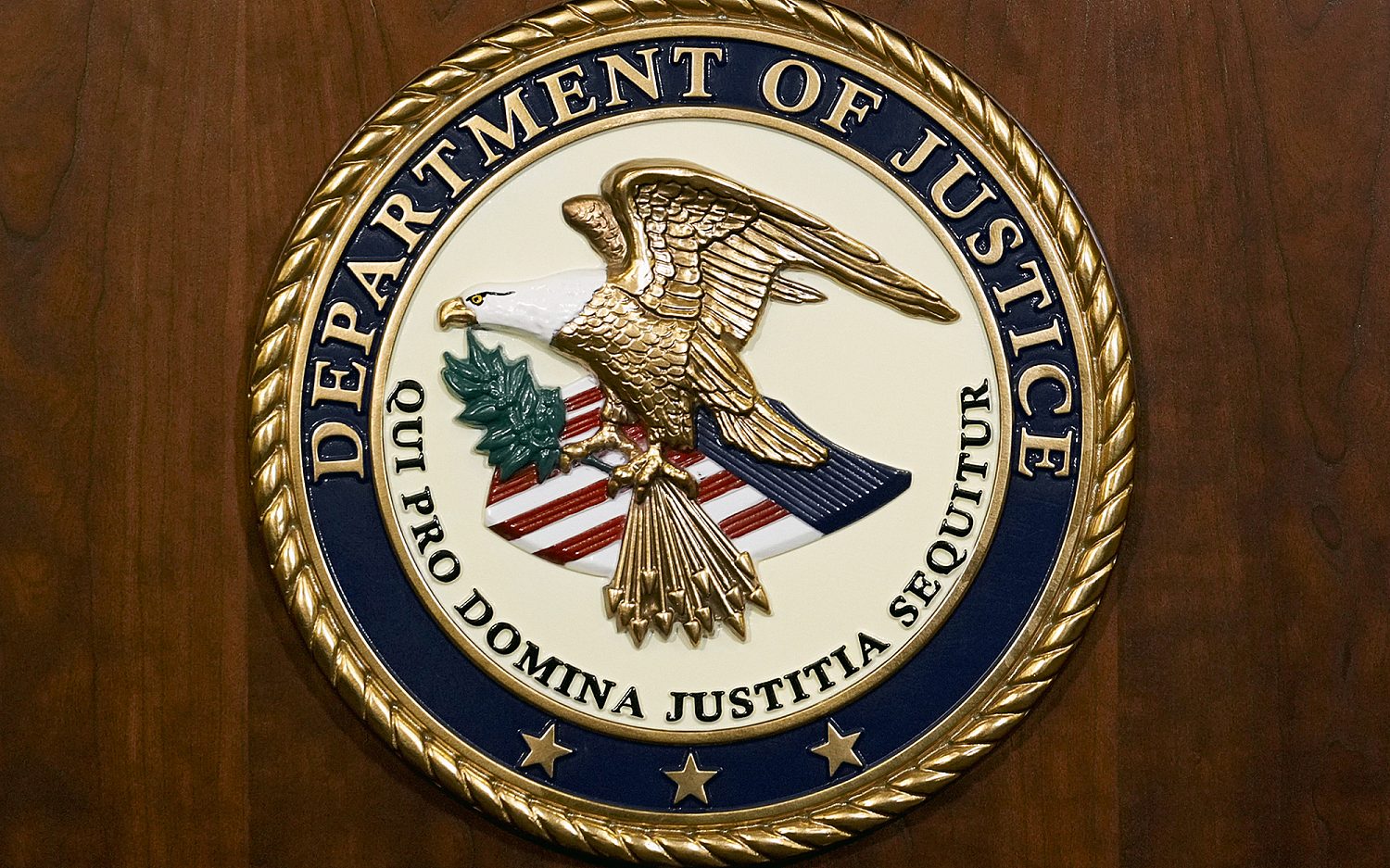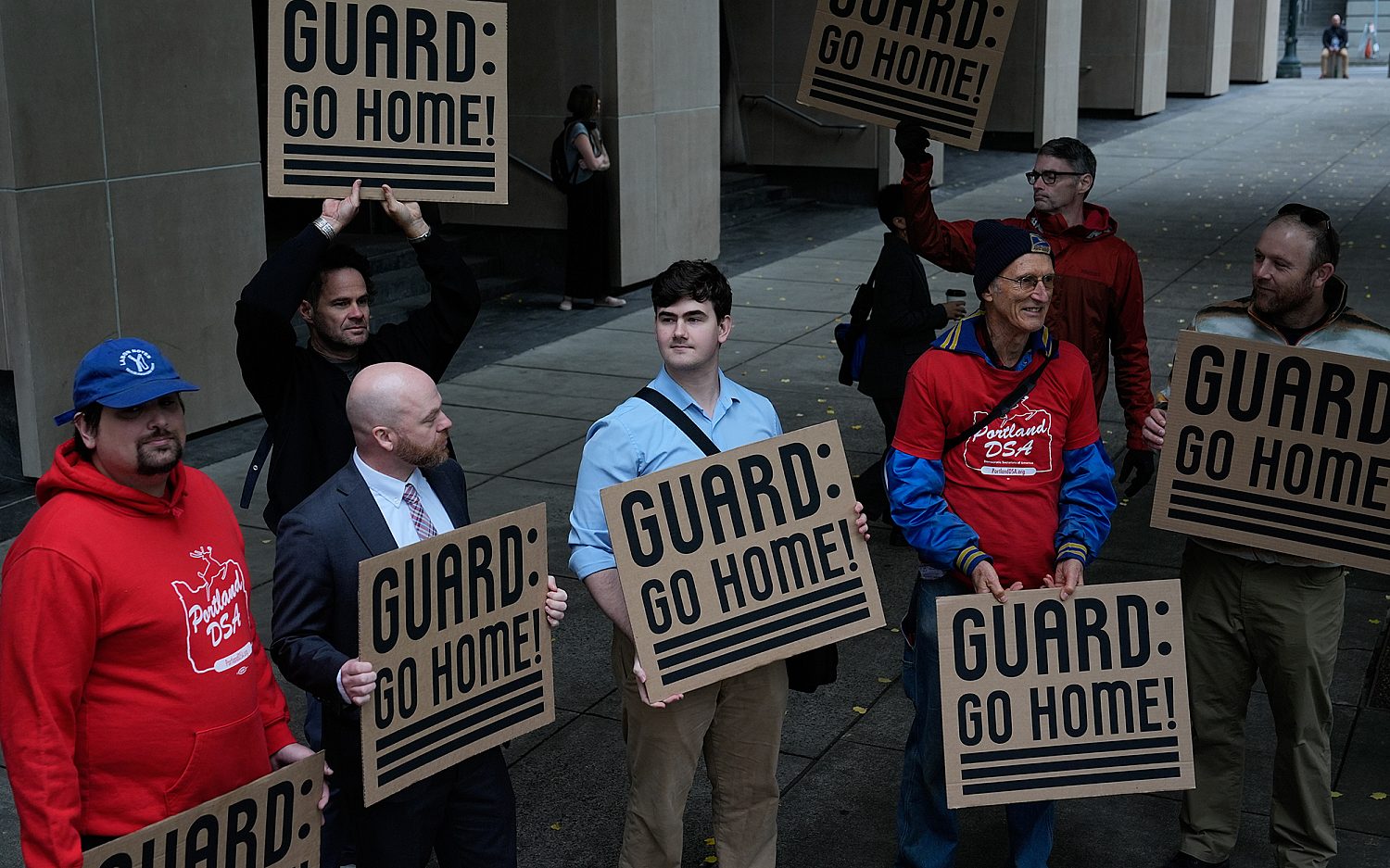Real music about real change
Rocker John Schlitt and rapper KB talk about coming to Christ out of very dark places
Petra front man John Schlitt and up-and-coming hip-hop artist KB come from different eras, but both experienced Christ’s deliverance from a life of darkness and found themselves in the spotlight of the Christian music industry. I interviewed them both at the International Christian Retail Show in Atlanta earlier this year.
John Schlitt sang lead vocals for the hard-rock band Head East in the 1970s until band mates kicked him out for drug dependency. He talked to me about the aftermath of his addiction and how he overcame it.
WARREN SMITH: In Head East, were you a believer in those days?
JOHN SCHLITT: No. No, no, no. In fact, what’s funny is I had a couple of Christians who wanted to interview me. I did’t know anything about Christian radio or Christian anything, so I said, “Yeah, I’m a Christian. I’m an American. I believe in Jesus, or, actually, I believe in God.”
WS: You’re not a Jew and you’re not a Muslim and you’re American, so you must be a Christian?
JS: Exactly. I go to church twice a year. So they came and interviewed me, pretty much just the same kind of questions as anybody else, and finally say, “Are you a Christian?” I say, “Yeah, I think so.” I still remember that, even today, with that “I think so” and that question of uncertainty. Did it bother me at the time? No. I was so messed up in drugs and stuff, nothing bothered me, but it still strikes my memory every once in a while.
WS: And then what happened from there in terms of your Christian faith?
JS: I finally had to leave music. I was so messed up with alcohol and cocaine that I got fired from the band. This was a party band firing a guy for partying too much, and I deserved it. So I went on a six-month binge of either drinking or coking up. If anyone knows anything about drugs, cocaine can get you up really quick; booze can bring you down. I was looking for that artificial sobriety. I didn’t realize it at the time, but it was artificial sobriety.
At the end of that six-month period, I pretty much had just hit the bottom. I considered suicide, and about that time my wife comes and taps me on the shoulder and says, “Remember, you promised you’d come to my pastor and talk tonight.” I said, “When?” She said, “Last night when you were really drunk.” So I did.
That same six-month period when I went on this binge, my wife got saved. She tried telling me about Jesus, and I told her just leave me alone. And she would. But she was always there, waiting for that time. I went in with an attitude to the pastor’s house, came out with the Holy Spirit, and it changed my life.
WS: After you got saved, clean and sober, you got a real job and you were making a pretty good living, but then music called again.
JS: I was sitting down with my wife on a Sunday afternoon, and I had just contemplated my life. I had a new home that I rebuilt that was just finished. My kids were going to Christian school. We had a great church, great job. I thought to myself, this must be it. I must have finally made it. This must be the American dream. This is what God has for me. All of a sudden, it was like God said, this isn’t it. Don’t be content. This is not it.
I told my wife, “I feel like God just told me this wasn’t it.” I explained the whole thing and she said, “What do you think it is?” I said, “I have no idea.” I knew music was gone in my life; I knew. So I was just very contemplative and thought about it, and then, out of the blue, Bob Hartman calls me. I was taking a nap and my wife comes and says, “Bob Hartman called.” I said, “Bob Hartman? That’s not funny.” I was a big fan of Petra.
WS: Bob Hartman is the founder of Petra?
JS: Yeah. About two years after I was a Christian, someone handed me a Petra tape or track or whatever, and said, “This band, you won’t believe it. It’s a Christian band that sounds just like Petty.” I said, “Yeah, right.” I listened to it [it was] using the style of music that I loved, that’s exciting. This is what rock should have been for me.
But, in my mind, I had already blown it. I had used my voice for something very evil. … So I just assumed I’d never be able to be used again. But when I heard Petra, I’m going oh, man, I blew it. This is what I should have been doing.
So when Bob Hartman called, I said, “Whoever is doing this, this is not funny.” But he finally convinced me it was Bob. He says, “Are you still a Christian?” I say, “I’m a heavy duty Christian.” He goes, “Okay. Would you consider singing for Petra?” Then I’m going, this isn’t Bob. When he convinced me it was, I said, “Yeah, let’s do it.” He goes, “Don’t you think you should pray about it?” I go, “Yeah, I guess we should pray about it.” But I knew. … I’m on the phone, I look up, and my wife is dancing and praising God in the kitchen, just, “Oh, thank you, Jesus.” I think, she must like it. So that’s when I knew. Before I even hung up, I knew that was the plan.
WS: KB, you also had an unexpected entry into the kingdom of God and Christian music. You were discovered by Christian rapper Lecrae and when you were in a group called HGA, His Glory Alone, that performed around Tampa. But even before that, you were a troubled youth in a difficult neighborhood. Tell me about your childhood and what brought you to faith.
KB: I had two very diametrically opposing experiences in my childhood. Part of it was on an Air Force base. … I never saw crimes committed. If we did have police officers, I didn’t know they were there. The worst thing I’d ever seen happen was a high-schooler smoking a cigarette. Then my parents divorced, and my mother and I moved back to Florida, where I was born, smack-dab in the middle of the ’hood. There were soldiers in the ’hood, but they didn’t work for the government, so I saw a lot of things I had seen before, except they were being done by people who were committing crimes. My environment had completely shifted. I felt unsafe all the time. Gunshots every night—and then I’m here, [without a] father, trying to figure out who I am and what I want to do and how do I fit in with this new environment. I found myself spiraling into this darkness of more questions than answers, and, in the midst of that, Jesus stepped in.
WS: What brought you from that to Christ? Was there a precipitating moment, a defining spiritual person stepping into your life?
KB: Yeah, there was. I feel like my darkness was crescendoing into this moment where I met this guy named Jeremy who said he was a Christian. I was struck by that because he didn’t qualify. He didn’t say, “I’m a Christian, but don’t try me or I’ll knock you out.” He said, “I’m a Christian.” He left it at that.
I saw this gentleman later on, eating lunch outside. On the table he had a CD, and the CD had a dude that had dreadlocks, sort of like a dude from my block or my family. I was like, “Man, I thought you was a Christian, and you got this Lil Wayne on the table.” He was like, “No, no, no, this is Christian music.” He gave me the CD. I took it home. It was a Christian hip-hop CD. I loved every single song. The eighth song was a gospel presentation, and I’ve been walking with the Lord ever since.
WS: Really? So that cut on that CD led you to Christ?
KB: Absolutely.
WS: Wow. I guess that in some ways heightens your commitment to believing that what you’re doing can actually lead others to Christ.
KB: Absolutely. You couldn’t tell me otherwise.
WS: You started singing Christian hip-hop?
KB: Yeah. So, hip-hop is self-expression. That’s the way it’s always been. It’s what’s in your heart, bringing it out onto music. That’s why it’s a big issue in hip-hop when you are known to be fake. We know you didn’t have a street life, but you’re always rapping about a street life. That’s a problem for hip-hoppers because it’s about authenticity. For me, to be authentic was to talk about Jesus. That’s who I was.
WS: It didn’t sound like you had a ton of theological training in your background, and yet a theological sophistication comes out in your music. Where do you get that?
KB: For me, … it was Bible college. I did four years at Trinity College of Florida and graduated with a bachelor’s in theology with emphasis on missions. That rearranged for me what it meant to love God with all my mind. That’s what Trinity did for me, so it’s the foundation for all I do. They didn’t necessarily say, here’s a list of things, believe these, and go on about your business. They gave us, like, fishing poles and bait and said, this is how you dig out what God is saying to His people in the Word. So from learning that and then reading other theologians and philosophers, that helped to shape me.
WS: Do you have any favorite writers?
KB: Number one, my guy in history is Charles Haddon Spurgeon. He’s it.
WS: He’s a big, fat, dead white guy, as some people would say. What’s a young hip-hop artist from Florida doing reading Charles Haddon Spurgeon?
KB: I have never read or encountered anybody better with words than Charles Spurgeon—nobody. No rapper—Eminem, Kanye, Jay-Z—nobody. He owns the wordsmith manual. He wrote that; that was Charles Spurgeon. I learned a lot about communication from him. The man spoke in parables almost, or allegory. Hip-hop is a lot of that storytelling. It’s bringing home a moment, helping you experience leading people up to a point and then driving home your point. That’s Charles Spurgeon. He was a rapper, man.
Listen to Warren Smith’s full conversations with John Schlitt and KB on Listening In:
An actual newsletter worth subscribing to instead of just a collection of links. —Adam
Sign up to receive The Sift email newsletter each weekday morning for the latest headlines from WORLD’s breaking news team.





Please wait while we load the latest comments...
Comments
Please register, subscribe, or log in to comment on this article.